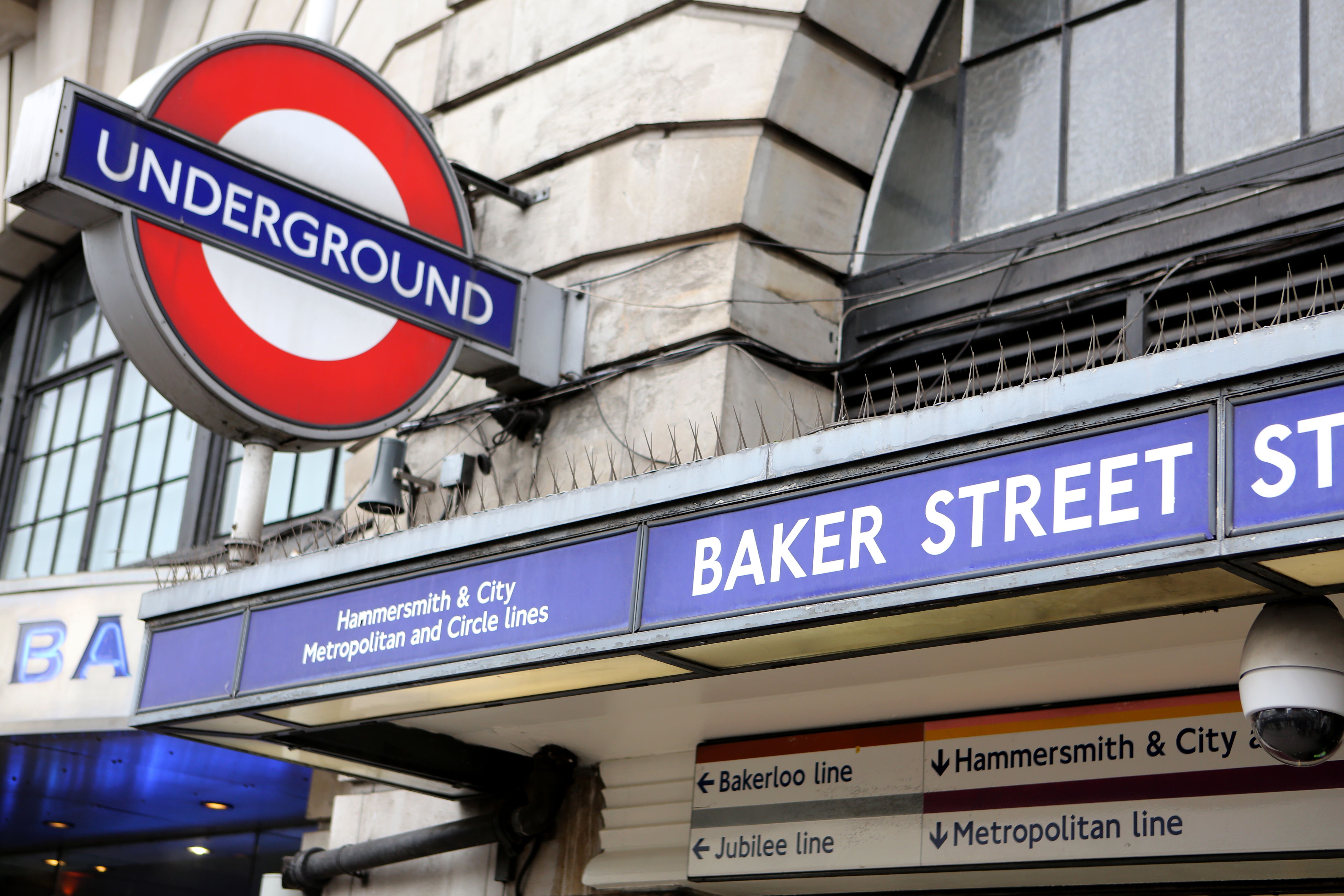Man accused of three Tube attacks ‘falsely believed he was being threatened’
Psychiatrists said Donovan Kenlyn, 39, was suffering with schizophrenia at the time of alleged attacks, his trial heard.

A man accused of pushing a passenger on to London Underground tracks falsely believed he was under threat, a court has heard.
Psychiatrists have said Donovan Kenlyn, 39, was suffering with schizophrenia when he allegedly attacked three people at as many London Underground stations in 35 minutes.
Kenlyn is accused of punching Tube passenger Samer Jawad at Baker Street station, and minutes later caused Angel Cambeiro to fall on to the tracks at Finchley Road, narrowly missing live rails.
He then travelled to nearby West Hampstead station where he punched a third man, Peter Acton, in the back of the head, a jury at the Old Bailey was told.
Kenlyn is charged with attempted murder and assault causing grievous bodily harm with intent to Mr Cambeiro, of assault occasioning actual bodily harm to Mr Acton and assault by beating against Mr Jawad.
He thought he was defending himself - and didn't think that it was wrong because he was subject to an attack
He accepts he was involved in the incidents but denies the charges because he was “actively” mentally ill, defence barrister Paul Lazarus said.
Jurors have been asked to consider whether he was too unwell to know if his behaviour was wrong.
Consultant forensic psychiatrist Dr Bradley Hillier said Kenlyn suffers with “persecutory delusions” which caused him to incorrectly believe he was under threat.
He was also experiencing auditory hallucinations, and a thought disorder that made him “at times incomprehensible”, said Dr Hillier, adding that he has met the defendant at least four times in the last 18 months.
In a letter created alongside other psychiatrists, and read in part to the court, Dr Hillier said Kenlyn carried out the attacks while in a psychosis-induced “threat/control-override” state.
Summarising the symptoms in court, he said: “The (threat/control-override) concept is that there are certain types of symptoms which means that a person feels a heightened sense of threat for danger – these could be persecutory delusions, hallucinations and a heightened sense of threat that is in the environment for the person who’s experiencing this state of mind.
“Usually people obviously don’t act violently. But in a state where somebody is experiencing heightened threat in their environment, their ability to control their behaviour in terms of violent behaviour is reduced.”
He added: “He thought he was defending himself – and didn’t think that it was wrong because he was subject to an attack.
“If you were in a state where you absolutely believed that there is somebody in front of you who will attack you, or is part of a group that attacked you – and quite possibly hearing voices that are telling you (that) you are in danger – you might possibly act in defence.
“And that’s what we believe Mr Kenlyn was doing in terms of trying to defend himself.”
Because of his condition Kenlyn will not give evidence and Judge Philip Katz KC told the jury not to “hold it against him”.
The trial continues on Tuesday.
